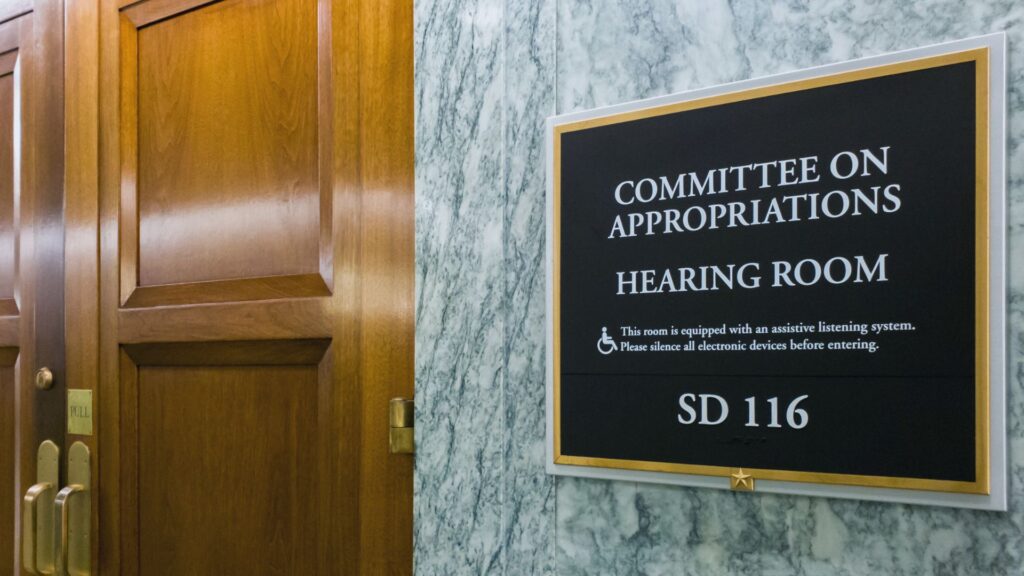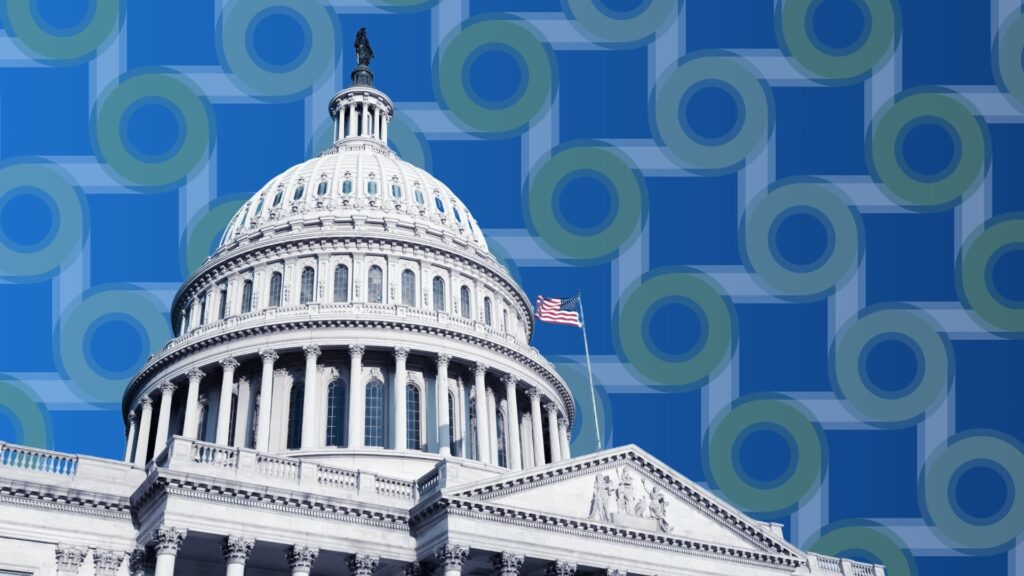- News
DEA Rescheduling of Marijuana
Regulators have proposed moving marijuana from a Schedule I to Schedule III drug. What do we know and what do we not know?

Disclaimer: The following is provided to further education and research and is not intended to provide legal advice or counsel as to any particular situation. The National Association of Bond Lawyers takes no responsibility for the completeness or accuracy of this material. You are encouraged to conduct independent research of original sources of authority. If you discover any errors or omissions, please direct those and any other comments to NABL.
By: Brian Egan, Director of Government Affairs, NABL
The Drug Enforcement Administration (DEA) released a notice of proposed rulemaking (NPRM) on May 16, 2024, which proposes to transfer marijuana from schedule I of the Controlled Substances Act (“CSA”) to schedule III of the CSA. Marijuana has long been classified as a Schedule I drug, the strictest level of federal controls for substances that pose a high potential for abuse and have no currently accepted medical use. The announcement signals a willingness from the DEA to classify marijuana as a Schedule III drug, a lower level of control for substances that may have some medical value and pose a low to moderate risk of dependency.
Is the Change Effective Yet?
No. The DEA’s NPRM (Document ID DEA-2024-0059-0001) proposes a reclassification and invites comments from the public through July 22, 2024. Once the window closes, the DEA will review comments and either issue a final rule change substantively aligned with the proposed rule or reissue an amended proposed rule for further comment.
Does this Rule Change Legalize Marijuana Under Federal Law?
No. Schedule III substances are still highly regulated and under various federal controls. Additional rulemaking from various agencies in the future will better define under which conditions use and trade of marijuana is permissible per federal law. While the move does not legalize adult use (recreational) marijuana, it may shift many aspects of federal law pertaining to the substance, particularly for medically prescribed marijuana. It is also worth noting that the DEA’s ultimate actions will not necessarily change existing state laws governing the production, use, and trafficking of marijuana.
What is the Major Impact of the Proposed Rule?
If enacted, the rule would acknowledge some level of medical purpose for marijuana. The DEA’s rescheduling would allow the Food and Drug Administration (FDA) to potentially approve more drugs containing marijuana or its components for use under prescription. Marijuana related activities that exist outside of any future defined regulations would remain illegal under federal law. Beyond greater access for medical research and potential for marijuana derived prescription drugs, the proposed rule change’s impact is expected to be limited.
Would the Proposed Rule Open Up Financing Options for Marijuana Related Businesses (MRBs)?
The proposed rule would likely remove an existing prohibition on MRBs from taking tax deductions per Section 280E of the Internal Revenue Code (IRC). This section of the code applies the prohibition only to businesses trafficking Schedule I and II drugs. While reclassification of marijuana to Schedule III is broadly understood to remove application of Section 280E to the drug, many other legal barriers to providing financial services to MRBs will continue to exist.
Banking Secrecy Act (BSA) and Anti-Money Laundering (AML) restrictions on providing financial services to MRBs tie broadly to the legal status of the drug and would likely remain. The American Bankers Association (ABA) indicated in a statement that any “decision to reclassify cannabis has no bearing on the legal issues around banking it.” The group, which represents banks of all sizes across the country, continues to push for passage of the SAFER Banking Act (H.R. 2891 | S. 2860), which would provide banks with safe harbors to provide services to business so long as they were complying with their state rules.
Why is this Relevant to Public Finance?
The sale and consumption of marijuana is legal in many states and jurisdictions and may already give rise to meaningful tax revenues. Rescheduling of marijuana may change tax revenue projections, affect local budgets, and could increase the willingness of lenders to participate in public finance transactions that involve certain marijuana-related revenues or facilities as future rulemaking from other agencies unfolds.
Where Does NABL Stand?
NABL has never taken a position on the legalization of marijuana and will likely not provide comments to the DEA’s proposal. Many of our members work with clients in states that have legalized various degrees of marijuana use and, as such, have an interest in tracking developments in this space. We will continue to keep members informed as the rulemaking process unfolds.
Learn More?
The Congressional Research Service (CRS) recently completed a report, entitled “Legal Consequences of Rescheduling Marijuana.”
Recent Content

FY2025 Appropriations
We are tracking the status of FY2025 appropriations, where things stand, and what it all means for bond lawyers.

Tracking Tax Reform in 2025
Congress is focused on addressing the pending expirations of the Tax Cuts and Jobs Act (TCJA) prior to the end of this calendar year. Here’s where things stand and what…

Charity Karanja
Mother of one, avid angler, self-proclaimed fruit connoisseur, and a fourth-year associate in the Public Finance, Tax Incentives and Credit Markets Group at Butler Snow LLP.